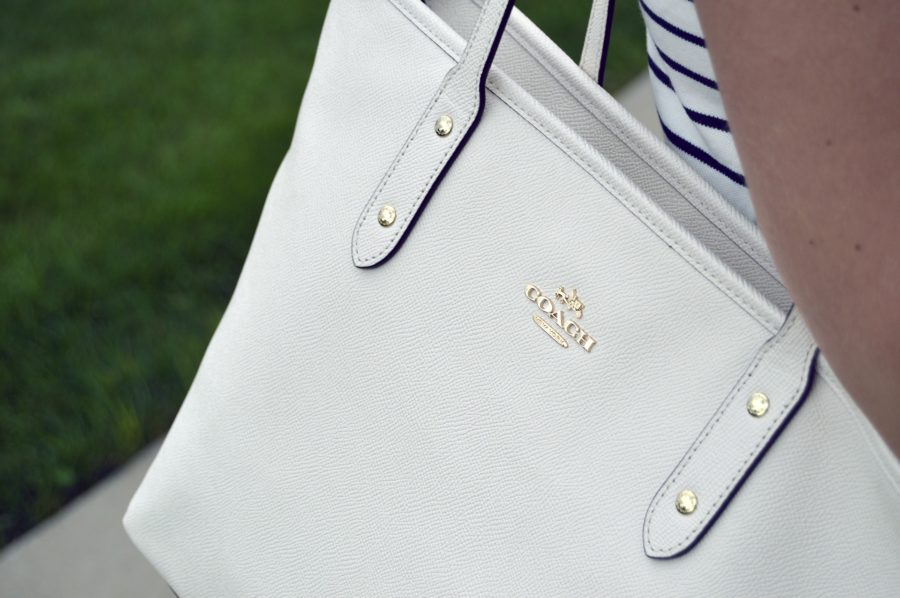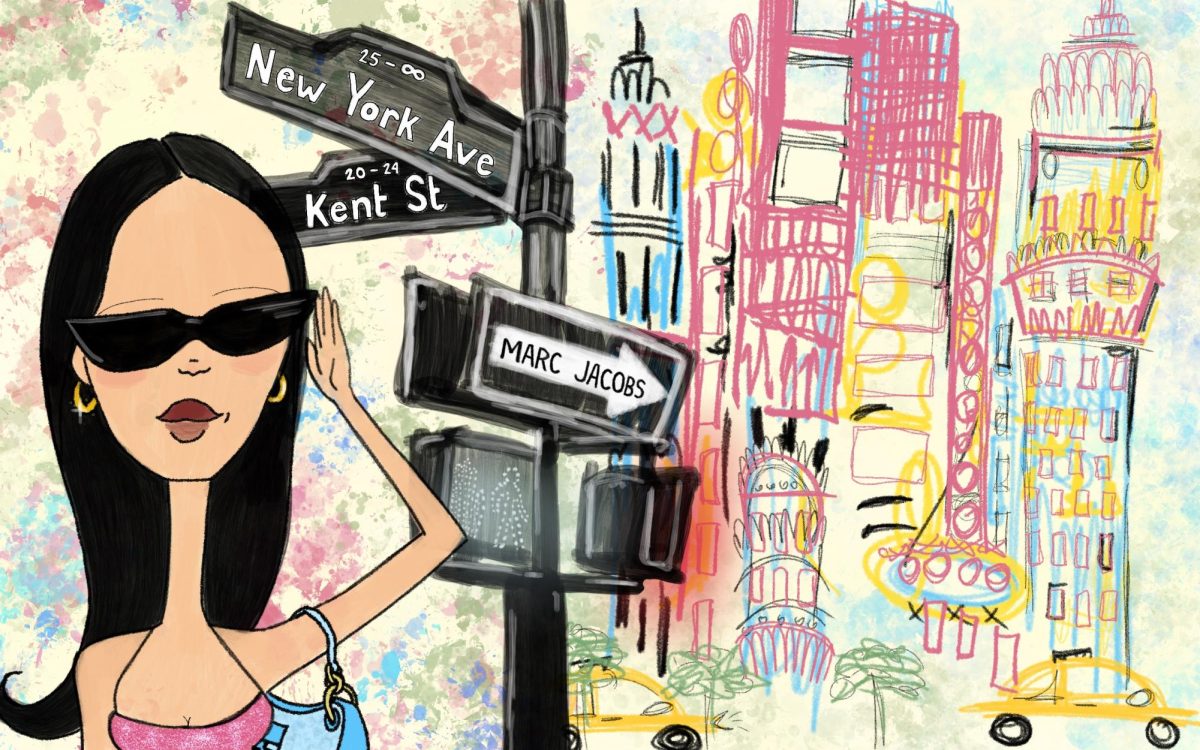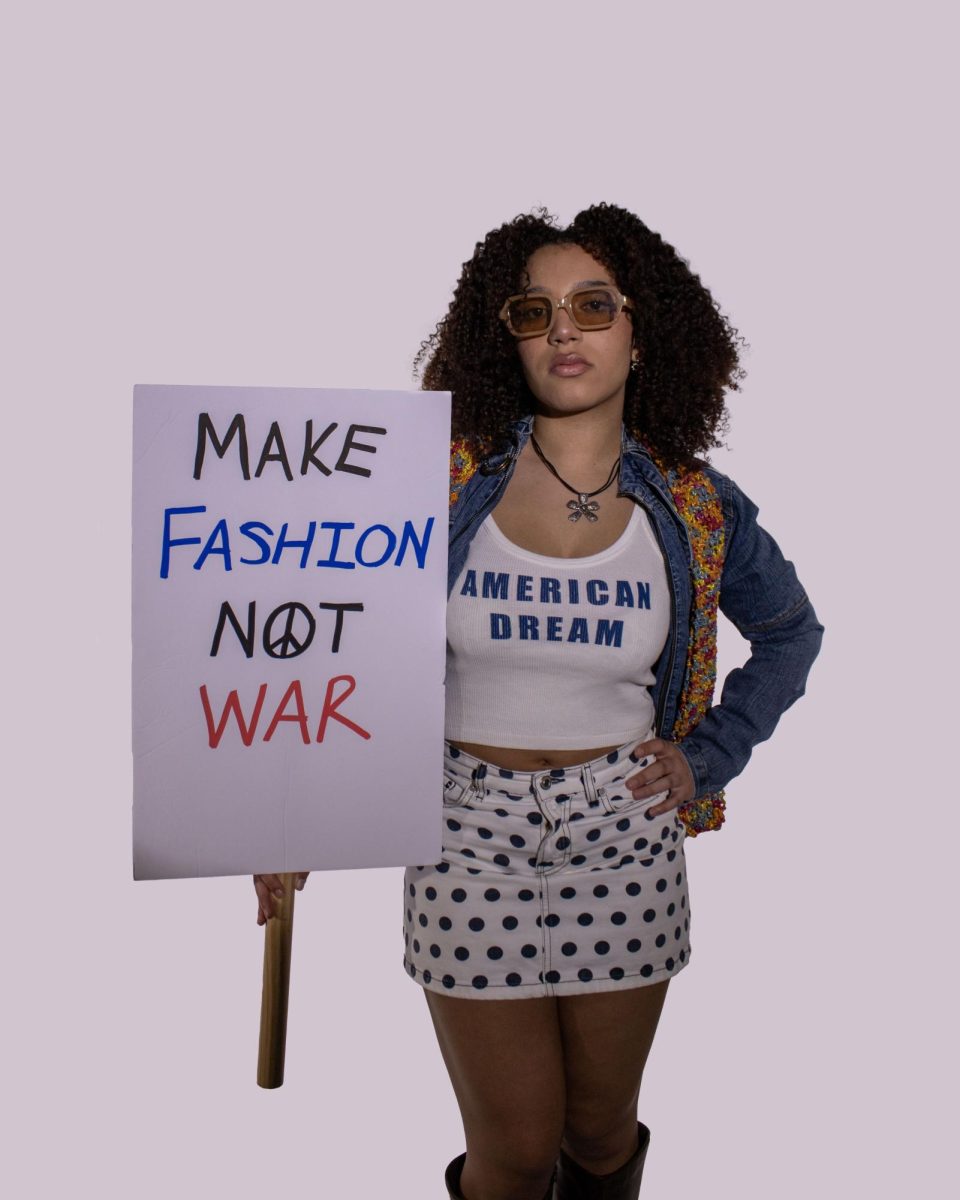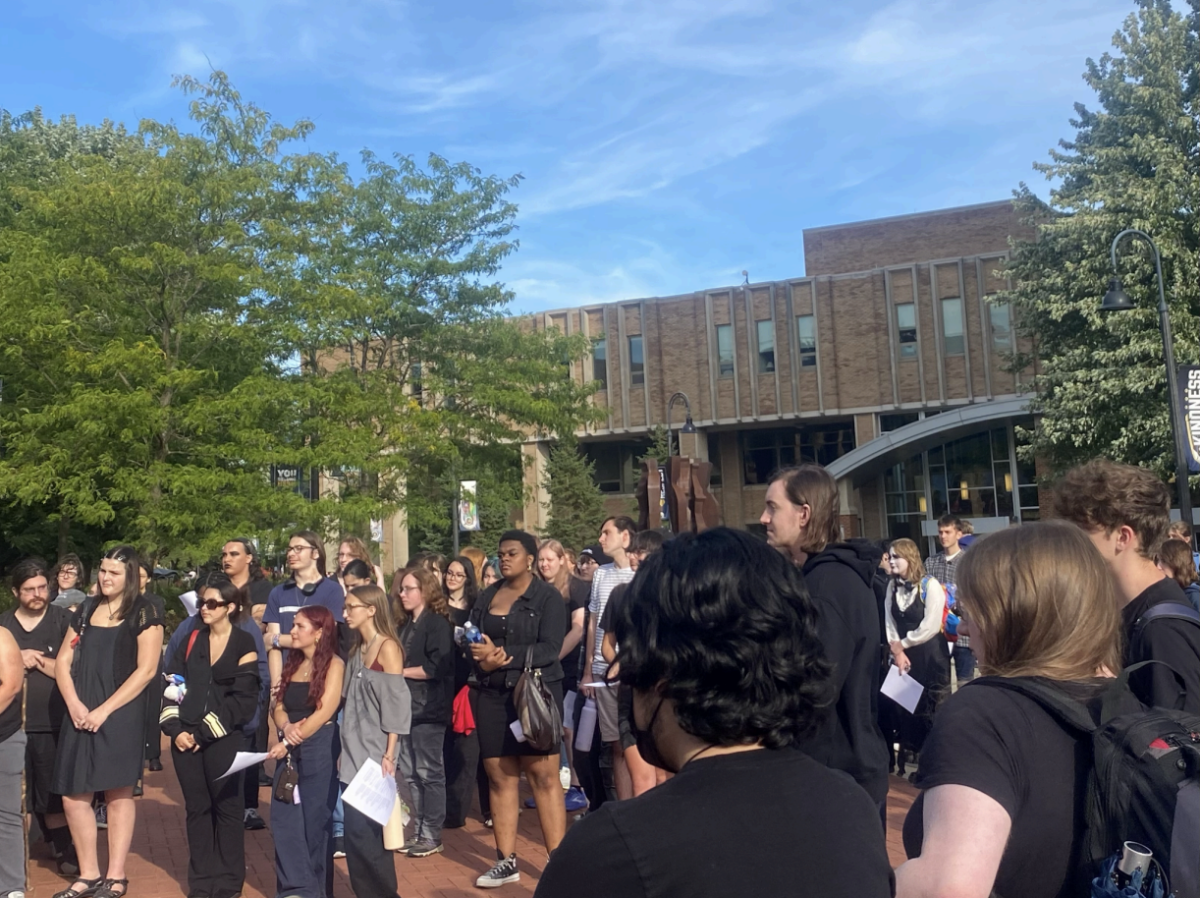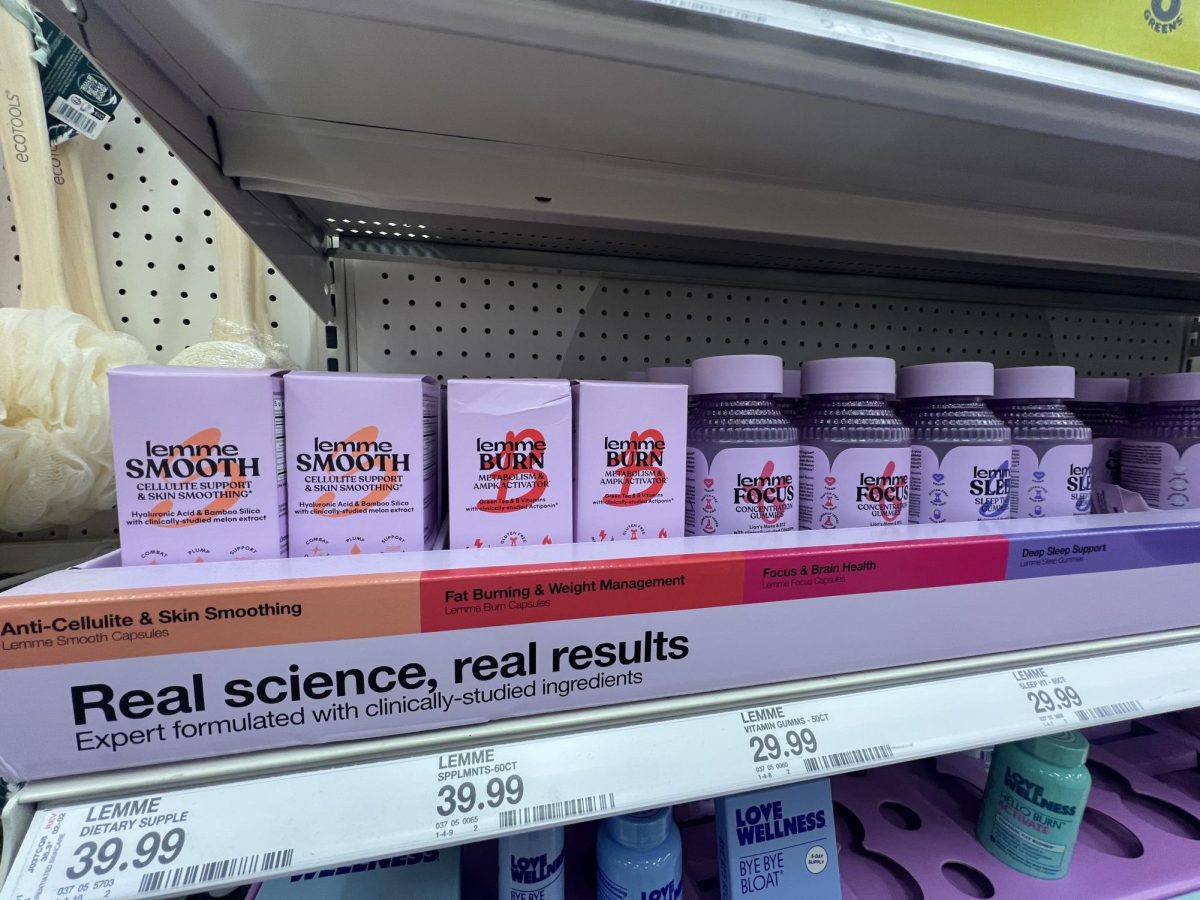As fashion lovers increasingly turn to thrifting, upcycling and supporting small businesses, brands have taken note of consumers’ environmentally conscious expectations. In an effort to cater to the changing climate — or more likely to the green consumer’s wallet — many brands introduced sustainable options such as H&M’s Conscious line and Coach’s (Re)Loved program.
For Coach specifically, doubts surrounding its commitment to the environment surfaced after TikTok user Anna Sacks (@thetrashwalker) posted a now viral video calling out the luxury handbag brand for purposely damaging merchandise as an alleged tax loophole.
Sacks purchased the slashed bags from Tiffany She’ree (@dumpsterdivingmama on TikTok), who found the bags in a dumpster outside of a Dallas mall back in August.
Coach would then allegedly be able to write the damaged merchandise off on its taxes, therefore reducing the amount of taxes paid. Coach took to Instagram on Oct. 11 to address the allegations.
“We have now ceased destroying in-store returns of damaged and unsalable goods and are dedicated to maximizing such products reuse in our Coach (Re)Loved and other circularity programs,” the Instagram post reads.
Coach admitted to this policy despite having a program aimed at creating “a less wasteful way of doing things.” Coach (Re)Loved sells upcrafted, vintage, remade and restored handbags, yet simultaneously enforced a policy to destroy some bags that did not sell.
With no apology or recognition of its blatant hypocrisy, Coach quickly pointed out in the Instagram post that it donated over $55 million “to support low-income families, individuals in need, those re-entering the workforce and education programs,” so consumers have no reason to be upset, right?
While the higher price tag may feel like you’re paying for better quality and ethical practices, that may not always be the case. At the end of the day, it’s still a major corporation trying to make money.
Powerful fashion brands, both fast fashion and luxury brands alike, often work with independent factories in developing countries that sometimes pay workers only a few dollars a day. In an article from The New York Times, the publication found that despite some brands championing ethical practices and working conditions, that is not always the reality in the actual factories.
The New York Times interviewed Michael Posner, a professor of ethics and finance at the Stern School of Business at New York University, about the unique role luxury brands play in ethical fashion.
“Given the product prices, there is a sense that the luxury brands must be doing it right, and that makes them immune to public scrutiny,” Posner told The New York Times. “But despite the price tags for luxury brand goods, the conditions in factories across their supply chains can be just as bad as those found in factories producing for fast fashion retailers.”
We always hear about how fast fashion brands are negatively impacting the environment, but luxury brands are not exempt from this critique. As Posner mentioned, luxury brands often get glossed over in the conversation surrounding ethical and environmentally friendly practices because of how expensive their products are, but Coach has demonstrated that there may be unseen policies that contradict a brand’s public image.
This is not the first (and it certainly won’t be the last) time a company has been caught greenwashing, or misleading the public about the brand following and promoting environmentally friendly policies and practices. Consumers want transparency from brands about their methods, and the more transparent a brand is, the more trustworthy they become.
Coach could have (gasp!) donated the unsold bags or upcrafted them through its (Re)Loved program, which would have directly fueled the circular mindset they claim to support.
Consumers do not want to be lied to or misled by brands, especially when brands lie about their sustainability efforts. We want ethically-sourced products made by fair wage-earning workers. We thrift because we want to limit our clothing waste and we search for local businesses to support.
If you want us to buy your overpriced bag, don’t preach sustainability and then stuff brand new, intentionally slashed bags into a dumpster.
SUPPORT STUDENT MEDIA
Hi, I’m Grace Avery, a senior fashion merchandising student from Columbia, Maryland! I’m also the editor-in-chief of A Magazine. My staff and I are full of passion and aspiration as we commit our work to bring you the most meaningful and entertaining news from the realms of fashion, beauty, and culture. Our team is full-time students and hard-working journalists. While we get support from the student media fee and earned revenue such as advertising, both of those continue to decline. Your generous gift of any amount will help enhance our student experience as we grow our community into working professionals. Please go here to donate to A Magazine.

